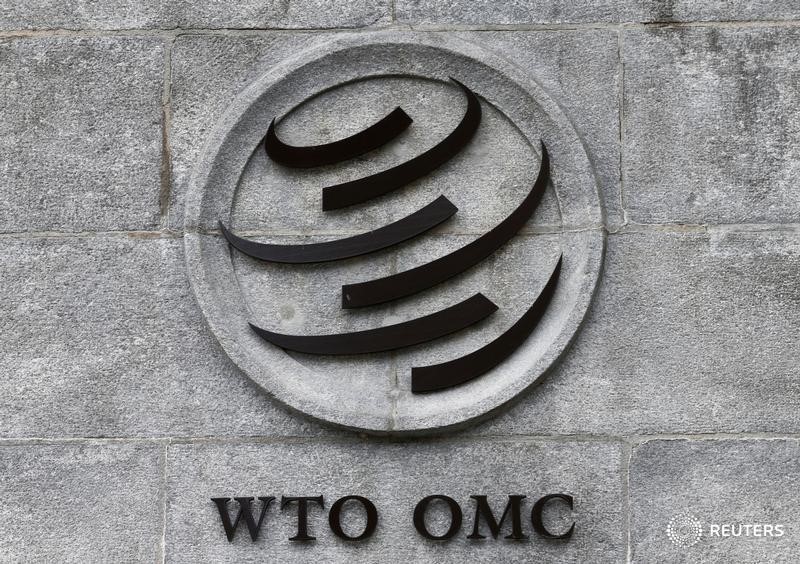By Tom Miles
GENEVA, March 16 (Reuters) - China responded to U.S. questions about its state trading enterprises in a World Trade Organization filing on Thursday that looked unlikely to end U.S. suspicions that China is breaking WTO rules.
China's five page response suggested that U.S. concerns were misplaced, and said its state firms conducted "market-based operations without government intervention", or imported for other firms on commission but with no mark-up.
Chinese enterprises' internal data was not available because of commercial secrecy, it said.
Robert Lighthizer, U.S. President Donald Trump's nominee to be the top U.S. trade negotiator, said at his confirmation hearing on Tuesday that Beijing's industrial policies had supported vast amounts of "uneconomic" production capacity that would not survive without state support. WTO rules, state enterprises are supposed to trade on the same non-discriminatory and commercial basis as private firms, and member countries have to notify their state enterprises to the WTO annually.
The United States has long complained that Beijing is keeping the world in the dark about potentially unfair trading by state-backed firms.
In 2014, Washington lost patience and submitted a "counter notification", listing 153 Chinese enterprises that it thought Beijing should declare to the WTO.
That prompted China's own WTO submission in 2015, but the United States, as well as the European Union and Australia, came back with more questions about transparency.
In the filing published on Thursday, with answers to 16 questions sent by the United States in June last year, Beijing gave little away but said it was complying with the WTO rules.
"China attaches importance to and seriously performs its WTO transparency obligations," its first answer began.
The U.S. Trade Representative's report to Congress in January this year said that on joining the WTO in 2011, China "agreed to provide full information on the pricing mechanisms of state trading enterprises... and that state trading enterprises would limit the mark-up on goods that they import in order to avoid trade distortions."
In agriculture, China had agreed to let non-state firms import specified amounts of agricultural commodities such as vegetable oil as part of China's quota of low-tariff imports, despite state import monopolies, USTR said.
Asked why it had not notified firms exporting soybeans, silk, tea, cotton yarn and woven cotton fabric, or importing vegetable oil, it said those had not been state monopolies for at least a decade.
It did list 19 tobacco-exporting firms, but declined to explicitly list firms involved in trading silver, antimony and antimony products, referring to lists in other filings.
The United States said China was the only country that failed to follow the regular WTO format for its notification, but China said it had conformed with the rules.
"China believes that WTO members can be informed by the notification," it said.
